In this week’s edition of The Prototype, we look at a quantum computing milestone for biotech, a new way to get forever chemicals out of the water supply and more.


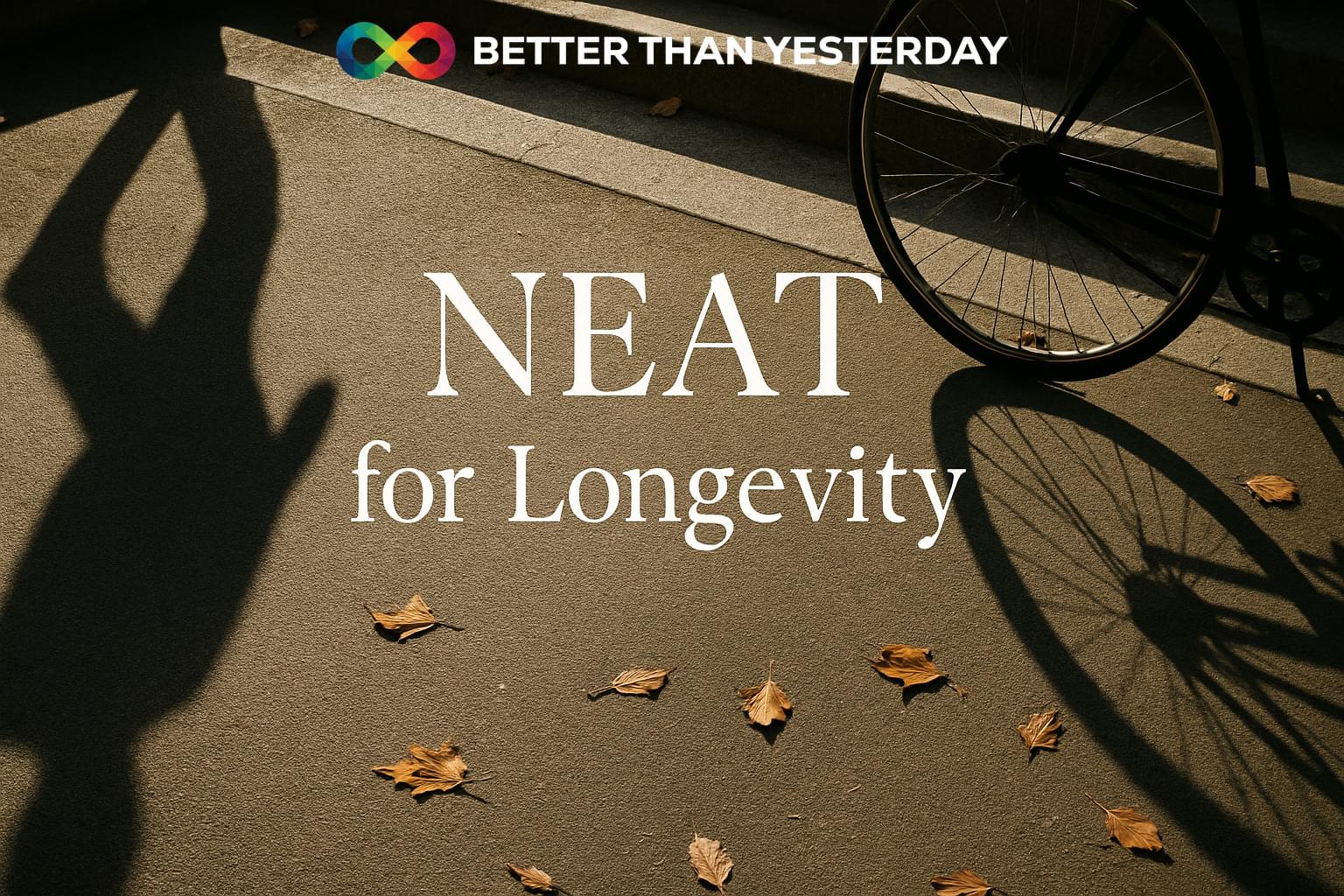
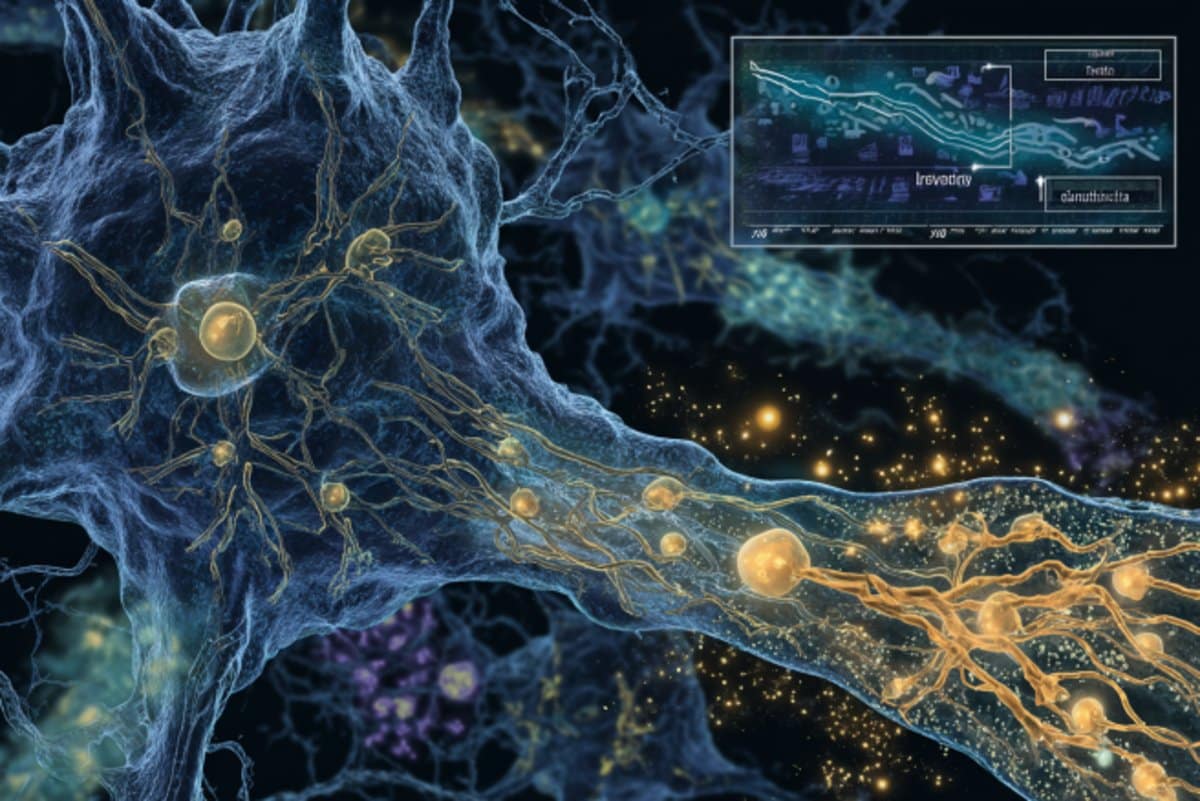
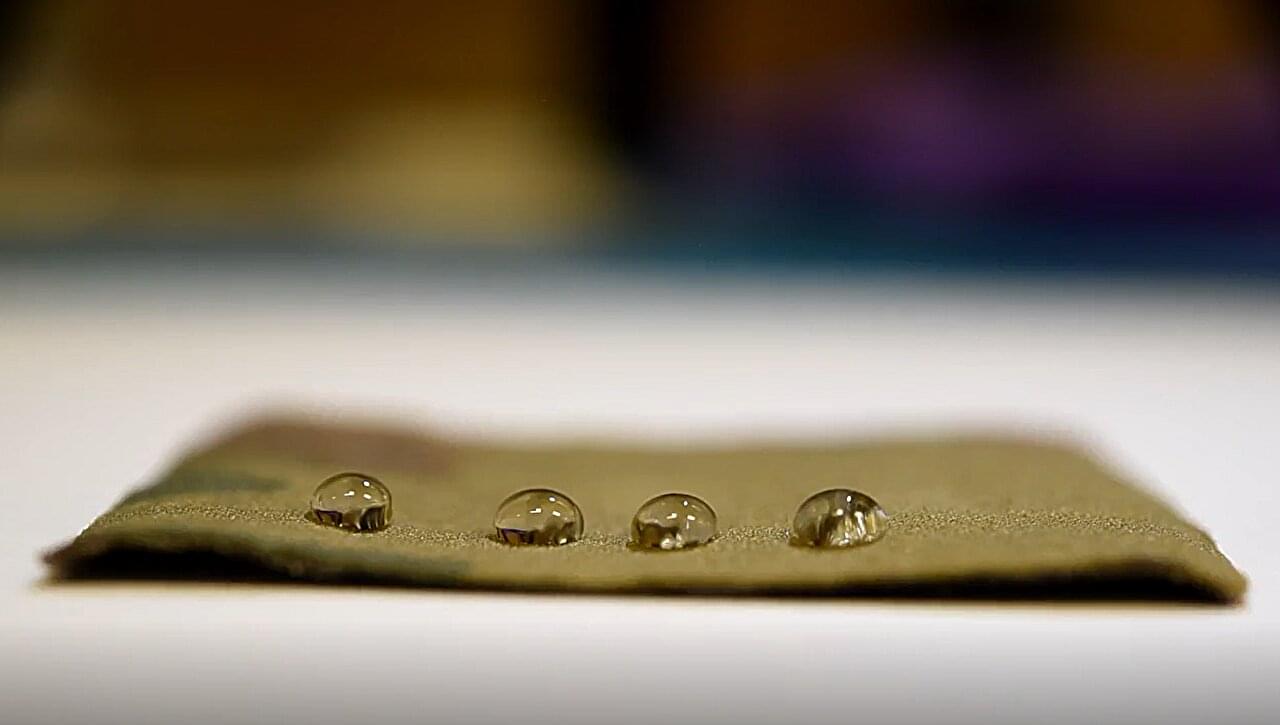
A new material developed by researchers from University of Toronto Engineering could offer a safer alternative to the nonstick chemicals commonly used in cookware and other applications.
The new substance repels both water and grease about as well as standard nonstick coatings—but it contains much lower amounts of per-and polyfluoroalkyl substances (PFAS), a family of chemicals that have raised environmental and health concerns.
“The research community has been trying to develop safer alternatives to PFAS for a long time,” says Professor Kevin Golovin, who heads the Durable Repellent Engineered Advanced Materials (DREAM) Laboratory at U of T Engineering.
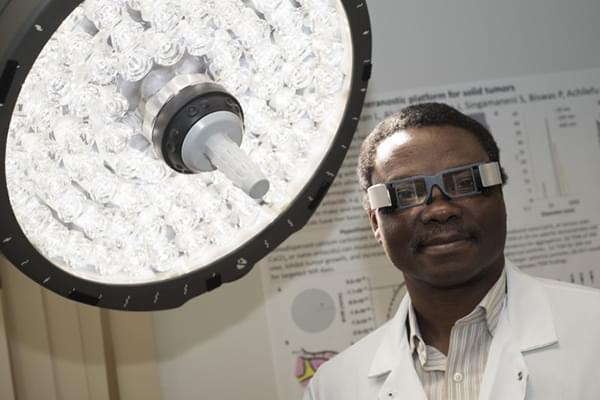
They look like futuristic eyewear. But the goggles developed by Samuel Achilefu, PhD, and his team at the School of Medicine have a much greater purpose: They help surgeons see and remove cancer. Achilefu discusses his journey from childhood to the development of the goggles, to what he hopes is yet to come.
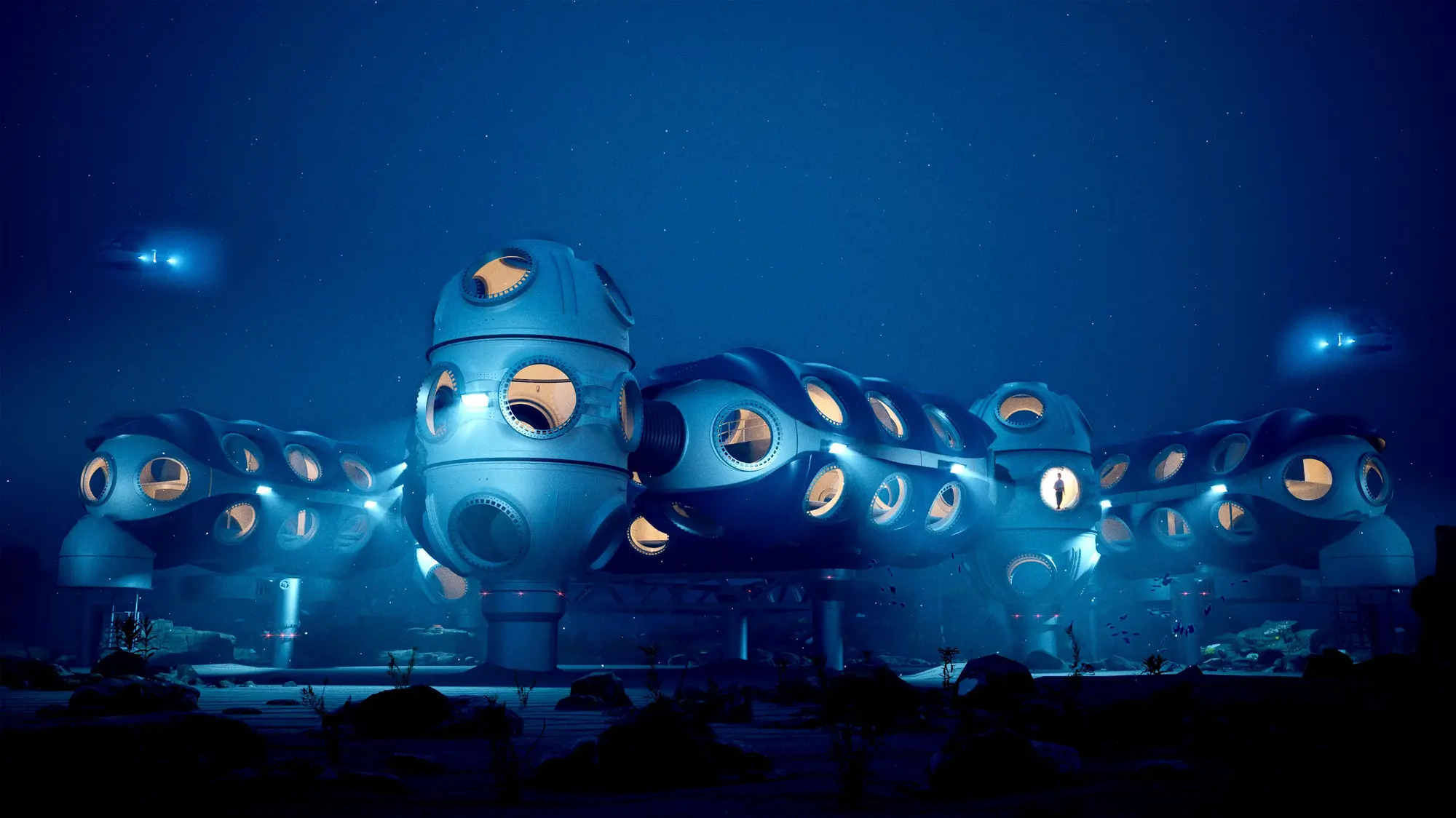

Copper is an essential trace element for normal development and function throughout the body, including the central nervous system (CNS). Alterations to cellular copper levels result in severe neurological consequences and are linked to a range of CNS disorders, positioning treatments that restore copper balance as promising therapies for these disorders. However, despite the clear relationship between copper balance and CNS health, there are limited tools to measure copper levels in vivo in humans. This constitutes a significant challenge for both diagnosing disorders of copper imbalance and monitoring the efficacy of copper-altering treatments for these disorders. Here we report the synthesis and characterization of Fluorine-labeled Naphthalimide Copper sensor 1 (F-NpCu1), a fluorescent sensor for copper that contains a fluorine atom for future radiolabeling for clinical application. We demonstrate that the probe exhibits good stability and is highly selective for copper above other transition metals present in biological tissues. Copper binding promotes covalent bond formation between the sensor and proximal cellular proteins. F-NpCu1 is nontoxic and can be measured using fluorescence microscopy in living cells and fixed tissue sections from both mouse brain and pancreas. Furthermore, F-NpCu1 exhibits good blood-brain-barrier permeability and can report differences in brain copper levels induced by copper modulating therapies in living mice using intravital fluorescence microscopy. This study represents a promising advance toward the development of the first clinical tool for measuring copper in living humans, including in the CNS, with radiolabeling studies underway to develop 18F-NpCu1 for PET imaging of copper in vivo.
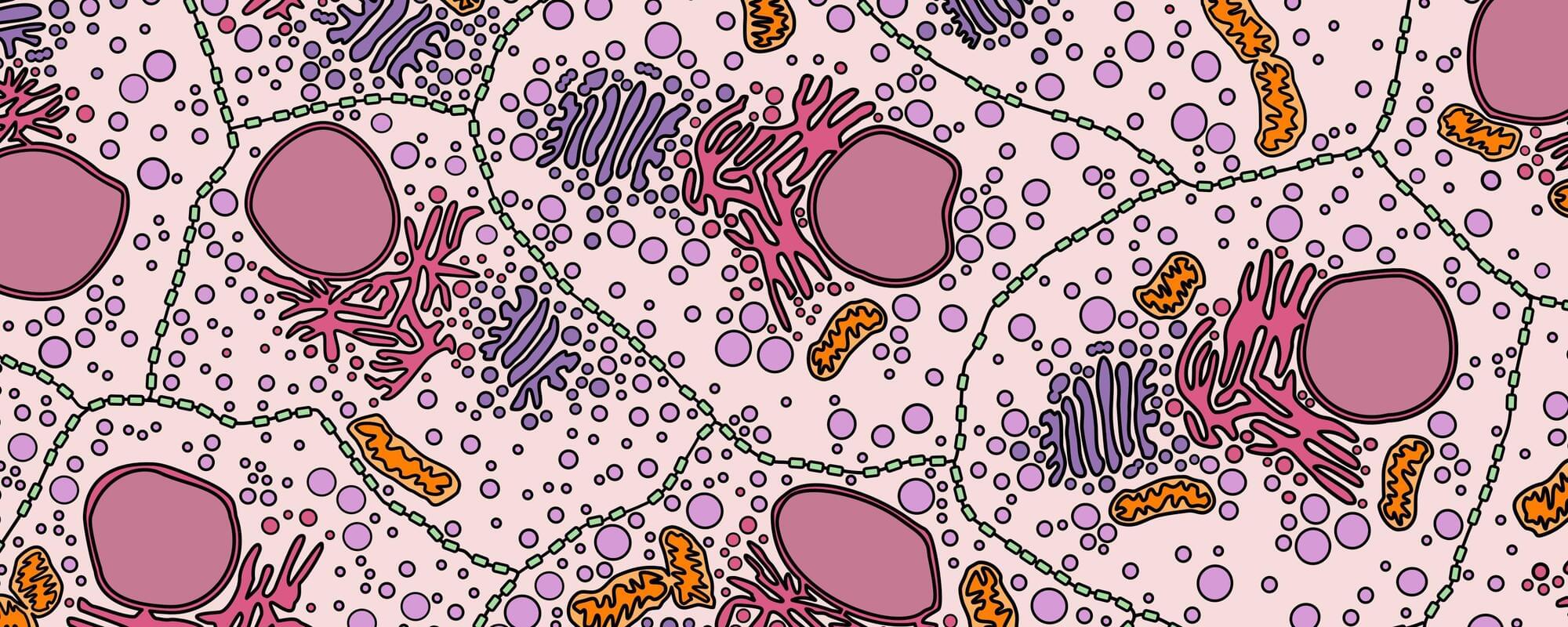
This is a sci-fi documentary looking at the future of genetic engineering and how it applies to space exploration, astronauts, terraforming planets and even Earth.
What is DNA, and how can it be engineered. What is CRISPR, and the future technology used in genetic engineering and biotechnology.
Personal inspiration in creating this video came from: Jurassic Park (the book), and The Expanse TV show (the protomolecule).
Other topics in the video include: how genetic engineering can change food allergies, cryosleep astronauts using hibernation biology borrowed from bears, squirrels and hedgehogs, engineering plants for terraforming other planets, and entries from The Encyclopedia of the Future.
PATREON
The third volume of ‘The Encyclopedia of the Future’ is now available on my Patreon.
Visit my Patreon here: https://www.patreon.com/venturecity.
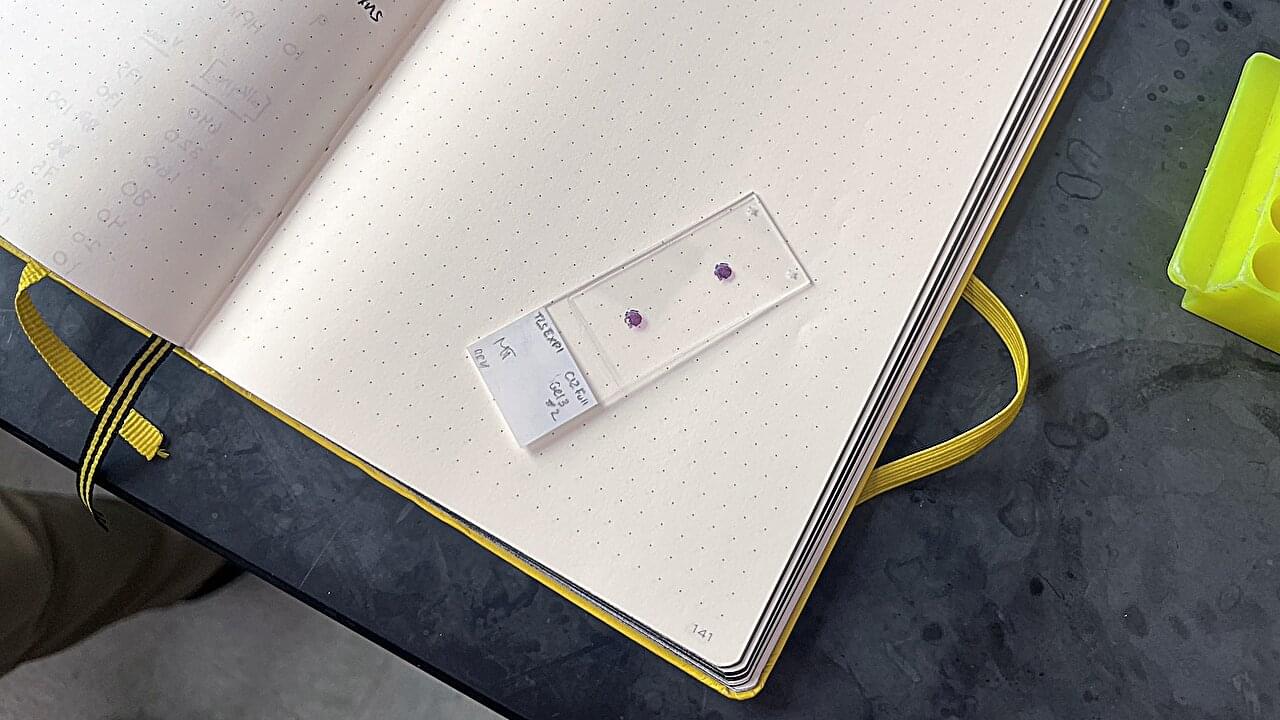
Researchers from Columbia Engineering have established a framework for the design of bioactive injectable hydrogels formulated with extracellular vesicles (EVs) for tissue engineering and regenerative medicine applications.
Published in Matter, Santiago Correa, assistant professor of biomedical engineering at Columbia Engineering, and his collaborators describe an injectable hydrogel platform that uses EVs from milk to address longstanding barriers in the development of biomaterials for regenerative medicine.
EVs are particles naturally secreted by cells and carry hundreds of biological signals, like proteins and genetic material, enabling sophisticated cellular communication that synthetic materials cannot easily replicate.